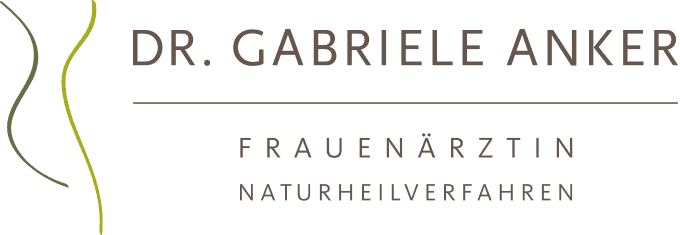Your gynecological practice for first trimester screening in Munich
Between the 12th and 14th week of pregnancy, the risk of a chromosomal abnormality can be assessed through a combined screening test that includes a blood test and a special ultrasound scan.
The blood test checks for levels of two substances which are only formed during pregnancy (free β-hCG and PAPP-A) in the mother’s blood. This is combined with a measurement of the thickness of the skin fold behind the nape of the baby’s neck (“NT = nuchal translucency”), which is done using a high-resolution sonography performed during the 14th week of pregnancy. According to unanimous expert opinion, this is the most important factor in addition to the existing age-related risk. In addition to measuring the fluid at the back of the baby’s neck and the baby’s nasal bone, we include additional parameters in the risk assessment as part of advanced screening in accordance with FMF guidelines (nasal bone, ductus venosus, tricuspid valve flow).
By combining the ultrasound in the 13th week of pregnancy and the early blood test to determine the levels of PAPP-A and free ß-hCG during the 9th week of pregnancy, the detection rate for trisomy 21 (Down syndrome or mongolism) for example, can be increased to 95%. This requires a special software that can analyse the early hormone levels.
Through this method we are able to provide a very accurate and individual risk assessment. In the event of an increased or intermediate risk, we will personally discuss which additional diagnostic tests are recommended.



